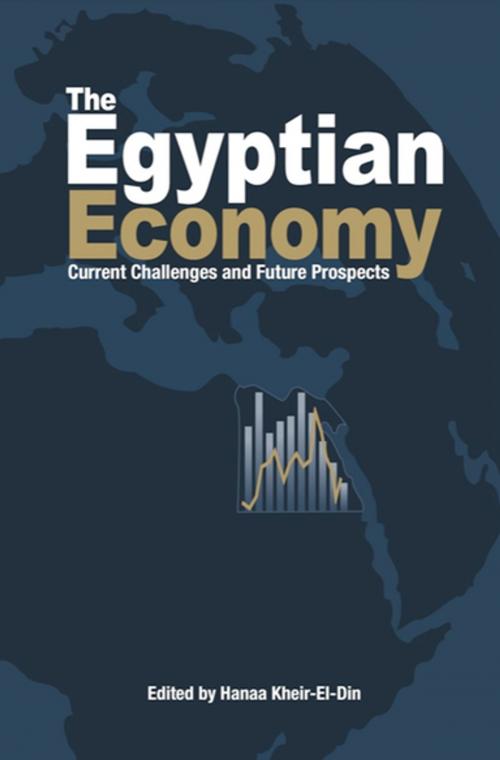The Egyptian Economy
Current Challenges and Future Prospects
Business & Finance, Economics, Economic Development| Author: | ISBN: | 9781617975257 | |
| Publisher: | The American University in Cairo Press | Publication: | February 1, 2008 |
| Imprint: | The American University in Cairo Press | Language: | English |
| Author: | |
| ISBN: | 9781617975257 |
| Publisher: | The American University in Cairo Press |
| Publication: | February 1, 2008 |
| Imprint: | The American University in Cairo Press |
| Language: | English |
The Egyptian economy has undergone several reforms since the early 1990s. However, it was not until recently that the reform process picked up speed and intensity. Key initiatives included shifting to a flexible exchange rate regime, liberalizing trade, revising and reducing the tariff structure, and improving the income tax system. Plans are underway to restructure the financial sector and privatize most state-owned enterprises. This volume aims to evaluate the impact of recent reform policies and highlight priority areas for further reform at the macroeconomic and institutional levels. Topics addressed include growth, distribution, and poverty reduction; monetary policy and the impact of exchange rate liberalization; unemployment and job creation; and the new pension system. The objective is to contribute to ongoing efforts to stimulate growth and employment, ensure fiscal sustainability, improve the external sector, and address issues related to poverty and income distribution. The volume focuses on the health and energy sectors in Egypt, with the aim of assessing each sector in three areas: financing, organization, and policy management, in order to suggest ideas for reform in light of international experience. Contributors: Ragui Assaad, Omneia Helmy, Abdallah Shehata Khattab, Hanaa Kheir-El-Din, Aart Kraay, Heba El-Laithy, Nihal El-Megharbel, Mai El Mossallamy, Tarek Abdelfattah Moursi, Sarah El Nashar, Tarek Selim, Enas Zakareya.
The Egyptian economy has undergone several reforms since the early 1990s. However, it was not until recently that the reform process picked up speed and intensity. Key initiatives included shifting to a flexible exchange rate regime, liberalizing trade, revising and reducing the tariff structure, and improving the income tax system. Plans are underway to restructure the financial sector and privatize most state-owned enterprises. This volume aims to evaluate the impact of recent reform policies and highlight priority areas for further reform at the macroeconomic and institutional levels. Topics addressed include growth, distribution, and poverty reduction; monetary policy and the impact of exchange rate liberalization; unemployment and job creation; and the new pension system. The objective is to contribute to ongoing efforts to stimulate growth and employment, ensure fiscal sustainability, improve the external sector, and address issues related to poverty and income distribution. The volume focuses on the health and energy sectors in Egypt, with the aim of assessing each sector in three areas: financing, organization, and policy management, in order to suggest ideas for reform in light of international experience. Contributors: Ragui Assaad, Omneia Helmy, Abdallah Shehata Khattab, Hanaa Kheir-El-Din, Aart Kraay, Heba El-Laithy, Nihal El-Megharbel, Mai El Mossallamy, Tarek Abdelfattah Moursi, Sarah El Nashar, Tarek Selim, Enas Zakareya.















